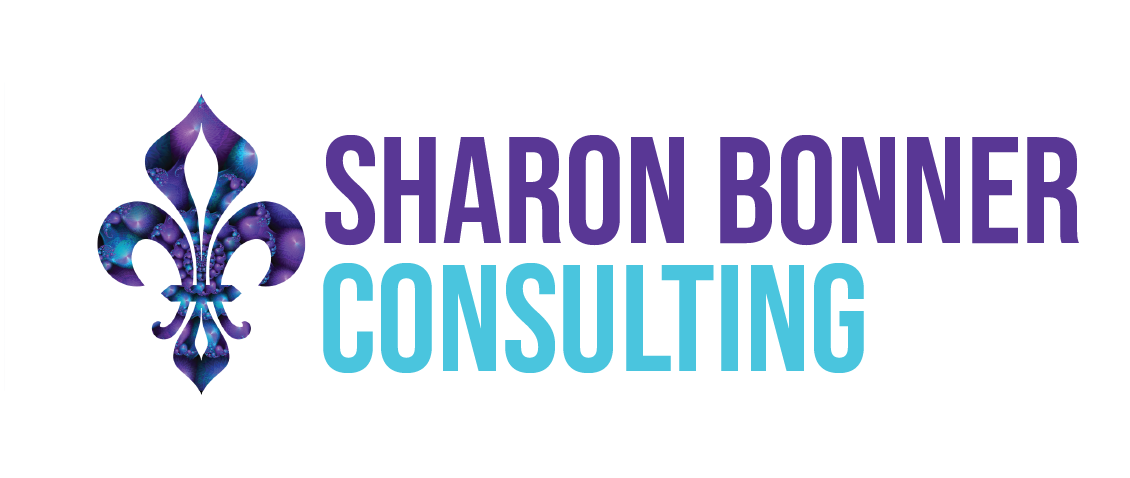The future of the event industry is quite rocky and confusing right now. The pandemic hit every economic sector hard, and the event industry was no exception. Bans on in-person interaction were crucial to this industry, making it especially vulnerable.
The pandemic caused a $666M loss as 72% of global events were canceled, risking 85.9 million jobs.
After two years of struggle, the event industry is finally seeing positive signs as the pandemic-induced recession nears its end. The industry is projected to grow at an annual rate of 11.2% until 2028.
In this article, we try to articulate the major qualitative impacts that the pandemic has had on event production, what we should expect to see in the future, and how we can better prepare ourselves for it.
What is next?
In-person events
After the pandemic, there was a backlog of event bookings, which left people with limited venue options. As a result, the event industry got creative with venues such as clubs, retail stores, and outdoor spaces, providing a fresh perspective to pre-pandemic events.
Improvement in Event Tech
Virtual and hybrid events are becoming increasingly popular, while the attendance rate of in-person events is at an average of 75%. This calls for an upgrade in event technology. Technologies such as Holographic Telepresence, Glisser, Gather, and Intrado Virtual Events are ideal for hybrid settings.
Shortages and Supply-Chain Issues
There is a labour shortage in all areas of events (caterers, hotels, staffing companies). Supply shortage and severe supply chain issues are here to stay.
The pandemic recession did bring quite a lot of layoffs with it, especially in the event industry. The Canadian Business Development Bank found that 20% of laid-off industry workers have switched sectors, creating a severe labor shortage. Events now require 6-8 months notice to secure enough personnel. Early planning is essential to book venues and hire workers.
Moreover, the industry is also facing severe supply issues that are resulting in supply shortages and delays. This is mainly because of the continuous lockdowns and increasing tariffs for each country that brought supply production and trade to all-time low levels. This can be mitigated by having access to an event consultant’s vendor network. They have long-standing relationships with multiple vendors, which reduces reliance on a single vendor and, in turn, can reduce the risk of business disruptions greatly.
Smaller Events
The pandemic made people realise the importance of interpersonal connection and engagement in everyday life. Businesses now plan smaller events throughout the year instead of one large annual event. These smaller events are easier and cheaper to manage, but generate good income overall. Hosting events more frequently increases brand visibility and competitiveness. Smaller events are also ideal for adopting hybrid event plans, offering the benefits of both in-person and hybrid events.
Events as Marketing Tools
A rising trend in the past few years is to change the goals associated with the production of high-profile events. Instead of organising events as a source of revenue in exchange for networking opportunities and knowledge, companies are trying to use events as marketing or PR tools to bring their brands to the spotlight by reaching a large number of consumers. A recent example is the Build conference that Microsoft holds each year. Previous to the pandemic, in 2019, they charged their attendees $2,395 per ticket, and had 6,000 registered attendees. In 2020, they offered the conference virtually and free of charge, and had more than 230,000 registered attendees. This only increased Microsoft’s visibility and most likely still ended up being a money maker for the company in the long run. It also attracted those who might not have not otherwise been able to attend, and encouraged them to learn more about products and services that Microsoft offers.
Events and AI
The rise of AI usage, especially ChatGTP is more significant than initially expected, especially in the event industry. For instance, AI is recognized for processing information within seconds. Over the long run, this can save considerable time by analyzing data, from tracking engagements to personalizing experiences for attendees. AI can also function as a management tool. Instead of having your event planner rushing around with a list or spending extended periods scheduling every minor detail, an AI tool can potentially halve that time or expedite the process even further.
Additionally, AI’s capability to continuously gather and interpret data enables it to forecast trends and pinpoint market opportunities – a task that would typically demand significant time and effort from an individual. With all these advancements, it is clear that integrating AI into the event scene is not just about convenience; it is about revolutionizing the way we think about and conduct events, ensuring we are always a step ahead.
Conclusion
As detailed above, the future of the event industry does seem to be quite uncertain, but keeping the aforementioned changes in mind while you plan for your event can go a long way.
If you would like to have access to an experienced event consultant’s network of suppliers and vendors, or could use the guidance of an expert, please feel free to contact us here and we would be happy to help you with any questions you might have!
References
https://www.amp-events.com/blog/6-event-industry-trends-for-2022
https://luluevenements.com/en/the-workforce-shortage-is-also-burdening-the-event-industry
https://www.prnewswire.com/news-releases/events-industry-facing-supply-chain-issues-301485440.html







